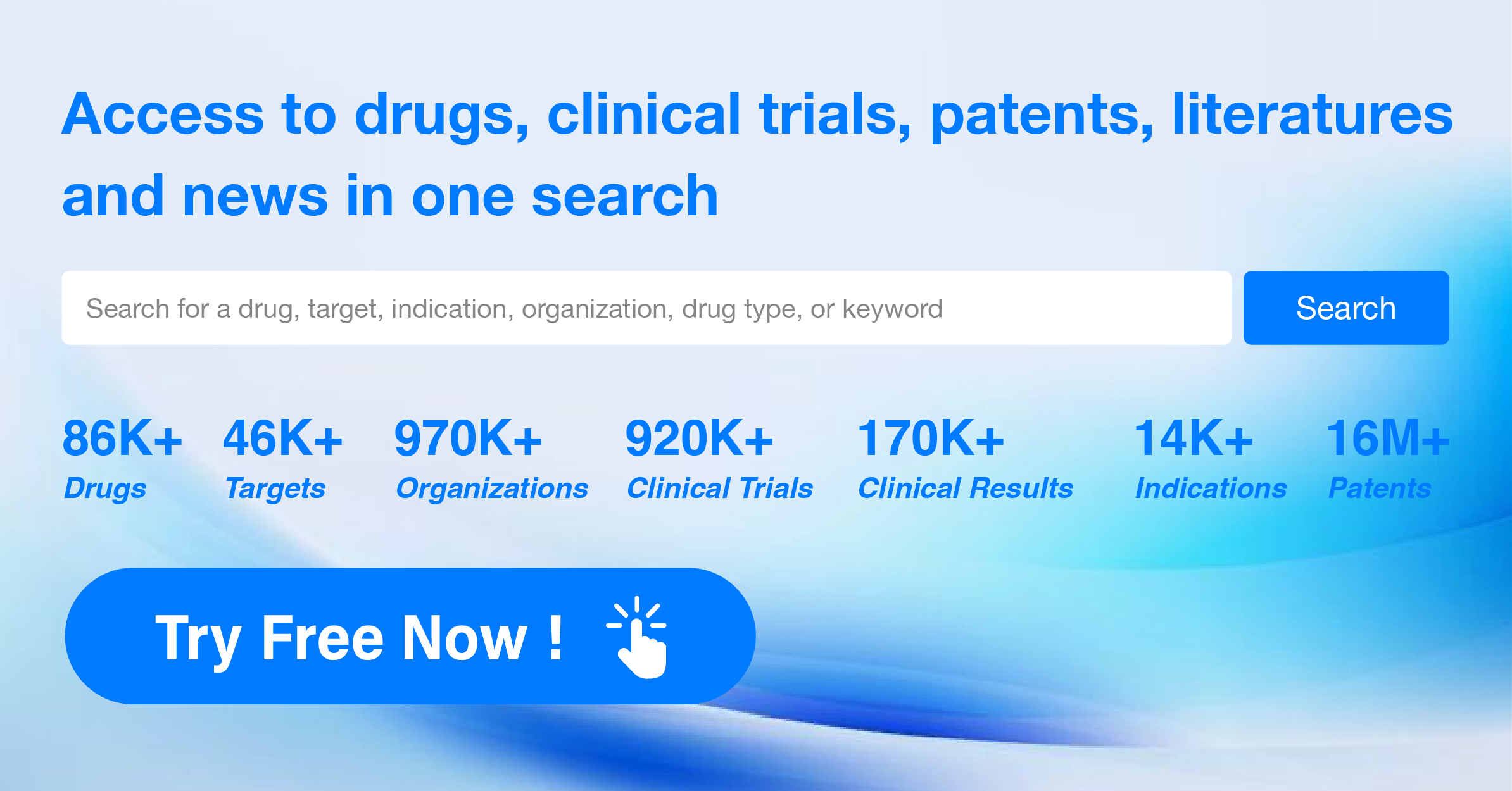Verve Therapeutics Pauses Gene-Editing Clinical Trial Following Patient's Adverse Reaction
A clinical trial for a gene-editing treatment by Verve Therapeutics, known as VERVE-101, has been halted after a participant experienced severe side effects. The individual, who had received a dosage of 0.45-mg/kg of the drug, showed a significant increase in liver enzyme levels and a decrease in blood platelets, both of which are considered serious. These reactions were linked to the treatment, but they did not lead to any clinical signs of disease and were resolved within a short period.
Despite the quick resolution, a safety board advised a temporary halt in new patient enrollment for the Heart-1 study while Verve investigates. The company has informed the FDA and global health authorities about the incident, and the drug's Investigational New Drug application is still in effect.
The news caused Verve's stock to fall by 31% in pre-market trading. The company's CEO, Sekar Kathiresan, stated that they suspect the delivery system of the drug, a lipid nanoparticle (LNP), is responsible for the observed effects. However, the Heart-1 study has provided strong evidence that VERVE-101 can effectively edit the PCSK9 gene in the liver, leading to a significant reduction in LDL cholesterol levels.
Verve is now focusing on the development of VERVE-102, another gene-editing treatment that targets the same gene but uses a different LNP technology that has shown better tolerance in previous trials. The company is planning to start a new study, Heart-2, in the second quarter of 2024 to evaluate the safety and effectiveness of VERVE-102 in patients with specific cholesterol issues.
The Heart-1 study's findings have confirmed that both VERVE-101 and VERVE-102 can effectively target and disable the PCSK9 gene in the liver, which is associated with high cholesterol levels. The study showed an average reduction of 46% in LDL cholesterol levels. The PCSK9 gene encodes a protein that regulates LDL receptor levels in the liver, and its overexpression can lead to elevated cholesterol levels. Both of Verve's treatments use a combination of messenger RNA and guide RNA to achieve their effects.
How to obtain the latest research advancements in the field of biopharmaceuticals?
In the Synapse database, you can keep abreast of the latest research and development advances in drugs, targets, indications, organizations, etc., anywhere and anytime, on a daily or weekly basis. Click on the image below to embark on a brand new journey of drug discovery!




